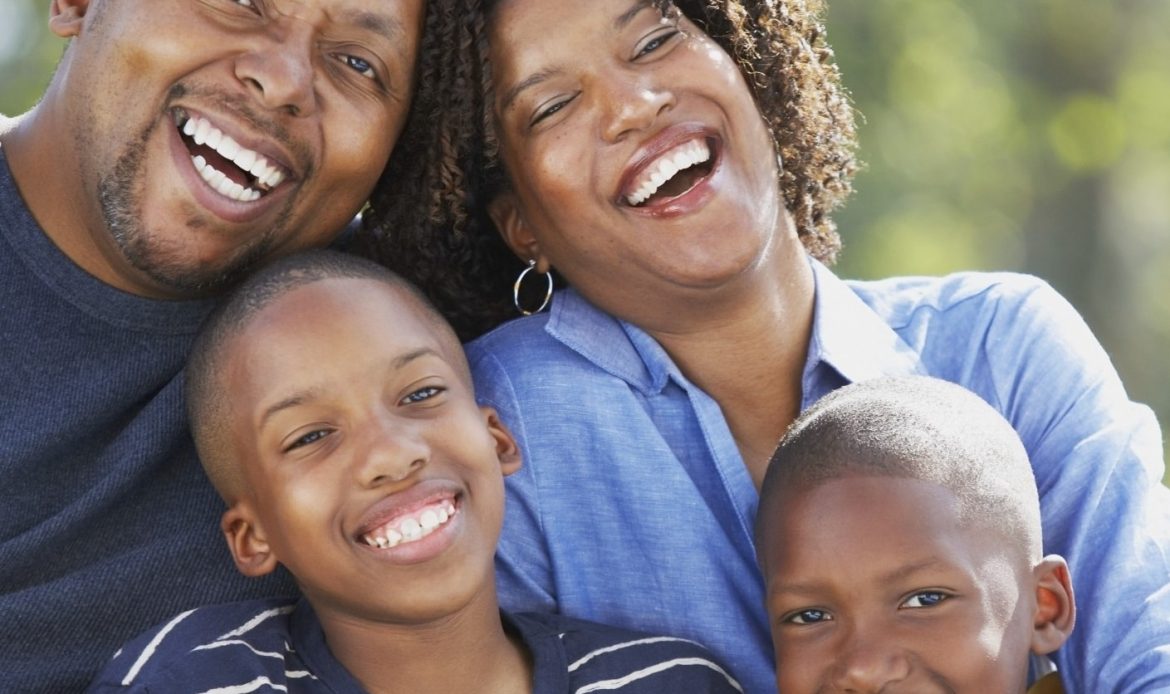This article was published in The Citizen Newspaper, Tanzania on April 1, 2025.
Shimbo Pastory
Trust is a very important player in human dynamics from early childhood to adulthood. It is not a mere instinct, but rather a merger of both cognitive and emotional processes with learned experiences.
In children, according to experts, trust develops out of consistency in care, needs that are met, boundaries that are respected, and a sustainable sense of security and predictability (Kotaman, H., Aslan, M. Young children’s trust and sharing decisions, ICEP 18, 3: 2024).
Experts in relational health in the context of early childhood aver that it is important that children grow up in an environment that builds in them strong sense of trust as it is a currency for nurturing them fruitfully later in the future. (Summers JK, et al., The Role of Interaction with Nature in Childhood Development: An Under-Appreciated Ecosystem Service, 2019).
A family environment that has friendly conversation, care, company and love will go a long way to make a child comfortable to peacefully express his or her ideas and worries.
It is different from a home that entertains anger, fights, foul exchange of words, physical violence, absent parenting, and others. Children are distressed by these negative emotions and are affected by them, sometimes in ways that even years of therapy can hardly heal.
If a child has no enough sense of trust with parents and closer family circle they will hardly open up to speak about things that trouble them the most. It is a socioemotional outcome of the early parent-child relationship, as experts call it, together with cognitive and other neurobiological outcomes. (Frosch CA, Schoppe-Sullivan SJ, O’Banion DD. Parenting and Child Development: A Relational Health Perspective, 2019).
It defeats our collective desire as a society to end violence and abuse done to children if we plant and nurture distrust in the family circles. Adults have to behave and show children that they can be trusted, and children can truly trust them.
But we have a lot of abuses and violence (verbal, physical, sexual, mental/-psychological, etc.) perpetrated from within the family, which in principle should be a safe space for children.
This way, children cannot believe that they are loved and protected, and therefore even when in difficult dilemmas they may not express their troubles and pains.
It is good parents get it right early on that parenting is not a war or a fight. It is a relationship, with both children and parents being active players, helping each other to grow.
This ‘helping each other to grow’ phrase may sound far-fetched, but it is true.
Parents and other caregivers, according to studies, are essential resources for children in nurturing their sense of self and tempering emotional arousal, overcoming fear, coping with stressful situations and accepting disappointments and frustrations.
They have to learn to provide positive affirmations, to convey love and respect and to engender a sense of security. In this way, parents too grow by shedding off the negative inclinations of theirs which they do not wish to pass on actively or passively to their children. (Breiner H, et al., (Eds), Parenting Matters: Supporting Parents of Children Ages 0-8, 2016).
Many of us might have seen or heard an actual family wherein the parent-child relationship is like that of a hunting Tom and a fleeing Jerry. In adulthood majority of adults replicate in inclinations, actions, feelings, behaviours, and thoughts to a great extent what they grew up encountering from parents and adult guardians.
Children who grow up in selfish homes, or with violent, rude, or cruel parents, unless redeemed by exceptional circumstances, tend to follow similar patterns.
It is hard for example, for a child to learn empathy, when they have never been treated with empathy, and have never seen their parents being empathic towards anyone.
Trust builds and safeguards family bonds, and makes conversations more meaningful and impactful, especially in the lives of the children.
It is also time to challenge the trends of parenting, especially those which are deeply embedded in our shared (cultural) life and are seen as normal, but which are barriers meaningful parent-child conversations.
Conversation is a life-blood of psychosocial and emotional maturity as children grow up. There are cultures that see iron hand parenting as the only way regardless of the age and dynamics of a child which are personal to them and make them vulnerable to being misguided or affected negatively.
Inasmuch as we want to protect children it is crucial that we hear what they have to say, how they appreciate/judge the way they are being treated, and how they want to be treated.
We will hear more, prevent more harm, and bring many more cases before justice, if we have in place conditions that support respectful and free conversations among parents and other trusted adults with children who by power dynamics are on the receiving end of both the good, the bad, and the ugly that the society offers.
Together with all this it is important to speak to children openly and teach them how they should not be treated, regardless of who is involved.
Shimbo Pastory is an advocate for positive social transformation, and a student of the Loyola School of Theology, Ateneo de Manila University, Manila, Philippines. Website: www.shimbopastory.com
